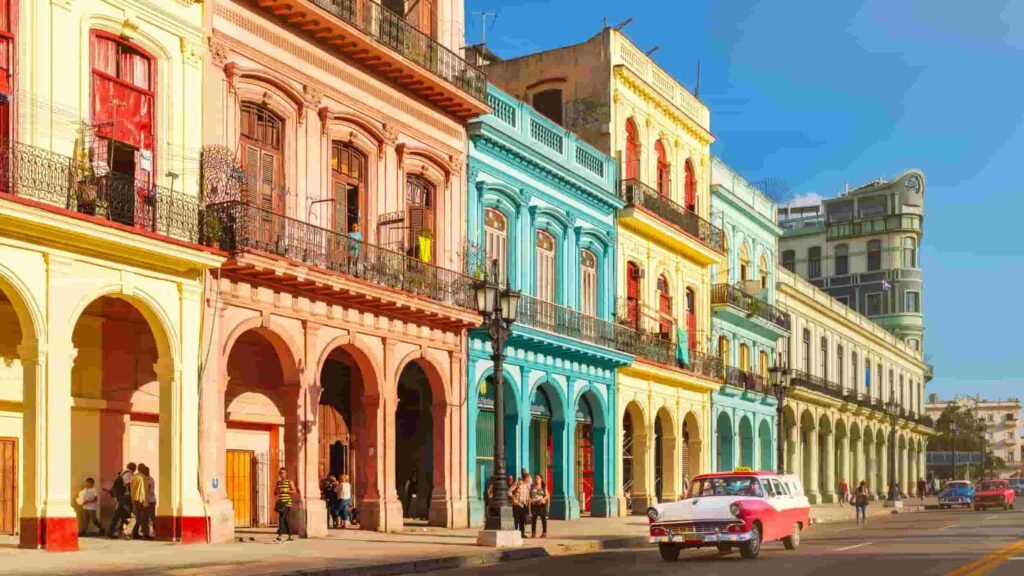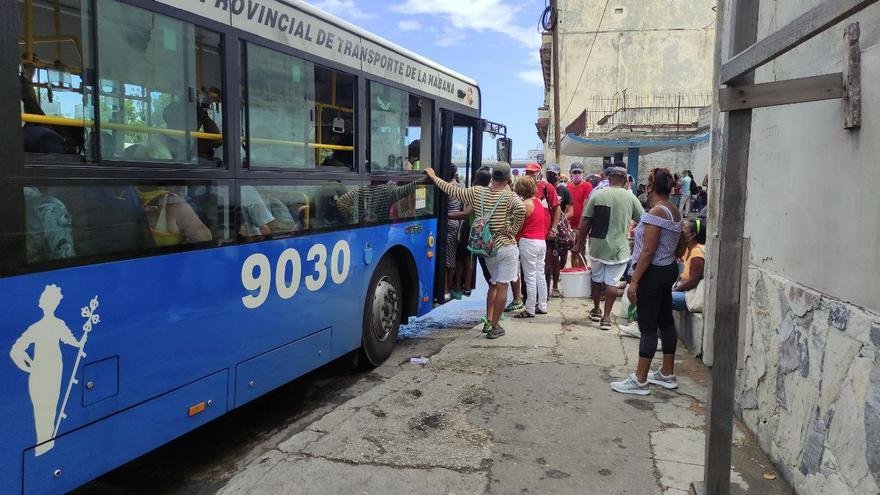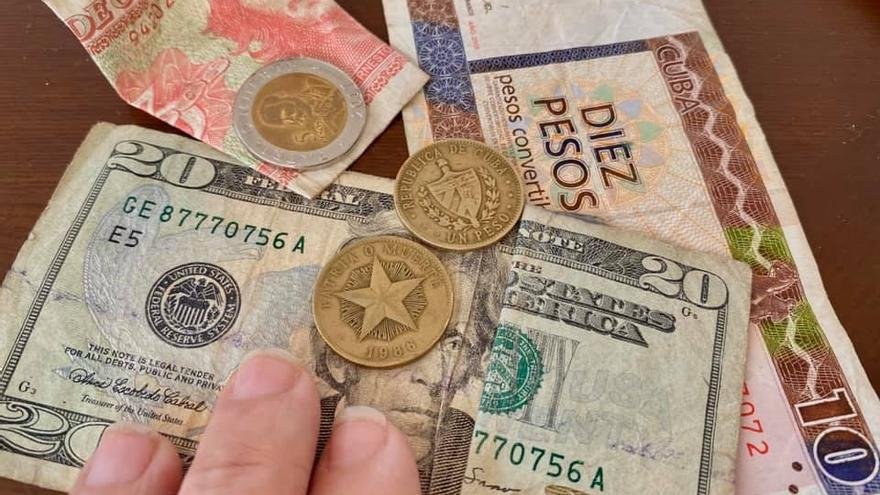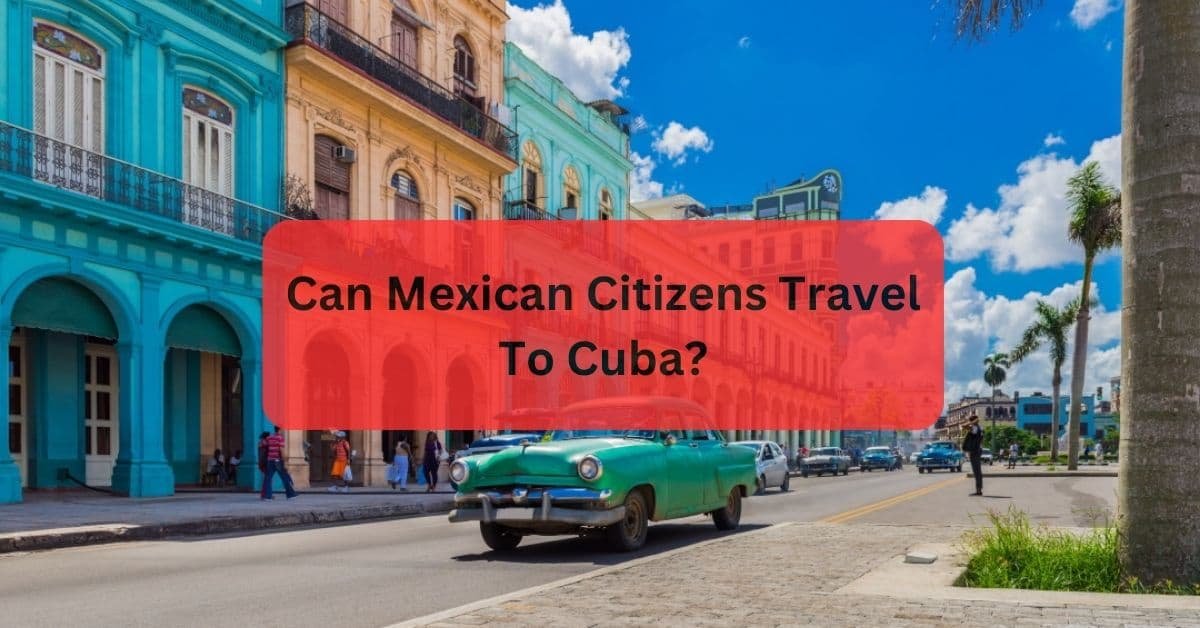Traveling abroad is exciting for many, offering opportunities to explore new cultures, indulge in exotic cuisines, and create unforgettable memories. For Mexican citizens, the allure of destinations like Cuba beckons with its vibrant culture, rich history, and stunning landscapes.
Yes, Mexican citizens can travel to Cuba. They need a valid passport and tourist visa and may require specific travel authorization depending on the purpose of their visit.
Here’s everything you need to know to ignite your wanderlust and set your sights on this Caribbean gem.
Understanding Travel Restrictions – Here To Know!
Historical Context of Travel Restrictions between Mexico and Cuba:
Travel restrictions between Mexico and Cuba have a complex historical backdrop. Mexico has historically maintained close ties with Cuba, fostering cultural and economic exchanges.
However, political changes, such as the Cuban Revolution and the subsequent Cold War dynamics, influenced travel policies. During strained diplomatic relations, travel restrictions were imposed to varying degrees.
Factors Influencing Travel Regulations:
Several factors shape travel regulations between Mexico and Cuba. Diplomatic relations, security concerns, and economic considerations play significant roles. Bilateral agreements and international alliances also impact travel policies.
Additionally, changes in leadership or shifts in geopolitical dynamics can influence the ease or restriction of travel between the two nations.
Current Travel Regulations About Cuba – You Should Know!

Summary of Current Regulations for Mexican Citizens Traveling to Cuba:
Mexican citizens can travel to Cuba for tourism, business, or other purposes. They generally require a valid passport or tourist visa and may need specific travel authorizations based on the purpose of their visit.
Cuban authorities may impose additional entry requirements or restrictions, so travelers should stay informed and comply with all regulations.
Overview of Recent Changes or Updates:
In recent years, travel regulations between Mexico and Cuba have changed. While Mexican citizens’ overall accessibility remains relatively open, there have been occasional adjustments in visa requirements or travel authorizations.
These changes may stem from shifts in diplomatic relations, security concerns, or policy adjustments by Cuban authorities. Travelers are advised to check for any updates or changes before planning their trip to ensure compliance with current regulations.
Requirements For Traveling To Cuba – Check It Now!
Passport and Visa Requirements:
- Passport Validity: Mexican citizens traveling to Cuba must ensure their passports are valid for at least six months beyond their intended stay.
- Visa Requirements: Mexican citizens typically need a tourist visa (also known as a tourist card) to enter Cuba.
- Documentation: Besides a valid passport and tourist visa, travelers may be required to present proof of accommodation, return or onward travel tickets, and sufficient funds for their stay upon entry into Cuba.
Travel Authorization:
- Specific Authorization: Depending on the purpose of travel, Mexican citizens may need specific authorizations or permits.
- Types of Authorization: Different types of travel authorization may include tourist visas, business visas, educational visas, or visas for specific activities like journalism or religious missions.
Health and Safety Considerations:
- Health Precautions: Travelers to Cuba should be aware of potential health risks and take necessary precautions.
- Vaccinations: Recommended vaccinations for travelers to Cuba may include hepatitis A and B, typhoid, and tetanus-diphtheria.
- Health Insurance: Mexican citizens should have comprehensive travel health insurance that covers medical expenses, including evacuation, during their stay in Cuba. Cuba may require proof of health insurance coverage upon entry.
Transportation Options Traveling To Cuba – Let’s See!

Air Travel:
Air travel is one of the most common and convenient ways for Mexican citizens to travel to Cuba.
- Overview of Airlines: Several airlines operate flights between Mexico and Cuba, providing direct and connecting flight options. Major airlines such as Aeromexico, Interjet, and Cubana de Aviación offer regular services between various cities in Mexico and destinations in Cuba, including Havana, Varadero, and Holguin.
- Tips for Booking Flights and Navigating Airports: When booking flights, travelers should compare prices, check for any travel advisories or restrictions, and book in advance to secure the best deals. Additionally, travelers should familiarize themselves with the layout and procedures of airports in Mexico and Cuba to navigate smoothly through check-in, security, and boarding processes.
Sea Travel:
Sea travel provides an alternative option for Mexican citizens seeking a unique and leisurely journey to Cuba.
- Information on Ferry Services or Cruise Options: While no direct ferry services exist between Mexico and Cuba, some cruise lines offer itineraries that include stops in Cuban ports. These cruises typically depart from ports in Mexico, such as Cozumel or Cancun, and may consist of multiple destinations in the Caribbean, including Cuba.
- Considerations for Sea Travel: Travelers considering sea travel to Cuba should be aware of the duration and cost involved. Cruises to Cuba from Mexico can vary in duration, ranging from a few days to a week or more, depending on the specific itinerary. Additionally, travelers should factor in the cost of the cruise fare and any additional expenses for shore excursions, onboard amenities, and visa fees for Cuba.
Read: Are You A Traveling Man? – Discover The Joys And Challenges!
Accommodation And Lodging Traveling To Cuba!

Hotel Options:
There are different types of places to stay in Cuba. Some are fancy hotels, and others are more affordable.
Big hotel brands like Meliá and Iberostar have hotels there. You can find hotels mostly in big cities like Havana and Varadero. When choosing a hotel, consider where it is, what it offers, and what other people say about it.
Alternative Accommodation:
If you want a more local experience, you can try staying in other places besides hotels. These places include guesthouses, hostels, and vacation rentals.
They give you a chance to meet locals and learn about Cuban life. Vacation rentals can be good for families or groups. Just make sure to check that they’re safe and clean before you book.
Tips for Budget Travelers and Unique Experiences:
If you’re trying to save money, staying in alternative places can be cheaper than hotels. But always make sure they’re safe. These places also give you a chance to have a unique experience.
You can stay in cool places like old houses or by the beach. It’s a way to see Cuba differently and meet new people.
Financial Considerations Traveling To Cuba – Read It!
Budgeting Tips:
- Plan your budget carefully, considering expenses like accommodation, food, transportation, and activities.
- Research average costs for various items and services in Cuba to estimate your expenses accurately.
- Keep track of your spending to avoid overspending and stay within your budget limits.
Currency Exchange:

- Exchange money at official exchange offices (CADECA) or banks to get the best exchange rates.
- Be cautious of unofficial currency exchange services, as they may offer lower rates or be involved in scams.
Cost of Living:
- Understand that the cost of living in Cuba can vary depending on factors like location and tourist season.
- Budget accordingly and be prepared for prices that may be higher than expected, especially in tourist areas.
Tipping:
- Tipping is customary in Cuba, especially in restaurants, hotels, and for tour guides.
- Plan to include tips in your budget and consider the local tipping customs when determining how much to tip.
Read: How Far Does Birdshot Travel? – What It Is and How It Works!
Frequently Asked Questions:
1. Do Mexican citizens need a visa to travel to Cuba?
Yes, Mexican citizens typically need a tourist visa (tourist card) to enter Cuba.
2. How long is a tourist visa valid for?
A tourist visa for Cuba is usually valid for 30 days and can be extended once for 30 days.
3. What vaccinations are required for traveling to Cuba?
While there are no mandatory vaccinations for traveling to Cuba, it’s recommended to be up-to-date on routine vaccinations and consider vaccinations for diseases like hepatitis A and typhoid.
4. Is it safe to travel to Cuba?
Generally, Cuba is considered a safe destination for travelers. However, it’s essential to exercise caution and be aware of your surroundings, especially in tourist areas.
5. Can I use US dollars in Cuba?
While US dollars are accepted in some places, it’s advisable to use Cuban convertible pesos (CUC) for transactions in Cuba.
6. What are the transportation options in Cuba?
Transportation options in Cuba include air travel, taxis, buses, and rental cars.
7. Are credit cards widely accepted in Cuba?
While credit cards are becoming more accepted in Cuba, carrying cash is still advisable, especially in smaller towns and rural areas.
8. What are some must-see attractions in Cuba?
Must-see attractions in Cuba include Havana’s Old Town, Trinidad’s colonial architecture, Viñales Valley’s tobacco farms, and the beaches of Varadero.
9. Do I need to speak Spanish to travel to Cuba?
While knowing some basic Spanish can be helpful, especially in more remote areas, many people in tourist areas speak English.
10. Is tipping customary in Cuba?
Yes, tipping is customary in Cuba, especially in restaurants, hotels, and for tour guides. It’s polite to leave a tip for good service, typically around 10% of the bill.
Conclusion:
Traveling to Cuba as a Mexican citizen offers a rich and rewarding experience filled with vibrant culture, historical landmarks, and breathtaking landscapes.
This comprehensive guide has provided valuable insights into understanding travel restrictions, passport and visa requirements, transportation options, accommodation choices, health and safety considerations, exploring cultural highlights, and managing financial aspects.
Read:




